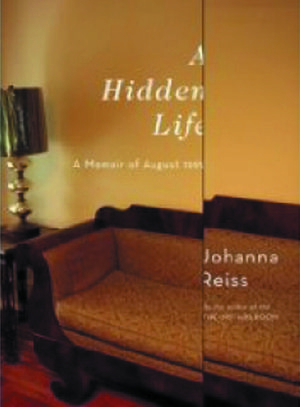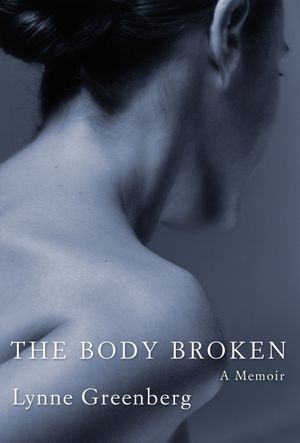 I In this installment of OTBKB's recurring feature, Why I Wrote This Book, author Johanna Reiss shares with OTBKB readers why she wrote her powerful new book, A Hidden Life, a Memoir of August 1969 (Melville House Publishing).
I In this installment of OTBKB's recurring feature, Why I Wrote This Book, author Johanna Reiss shares with OTBKB readers why she wrote her powerful new book, A Hidden Life, a Memoir of August 1969 (Melville House Publishing).
Reiss is the author of The Upstair's Room (a Newberry Honor), a young adult classic about a hidden child during the holocaust. In the new book, she writes about the suicide of her husband. Unlike The Upstairs Room, A Hidden Life is for adults.
Leslie Garis, in an enthusiastic review in the New York Times Book Review, writes "Reiss handles this difficult material by probing her memory for clues, putting facts and suppositions together in ferverish prose jutting back in forth in time…" The book was also selected as a Editor's Choice in the NY Times Book Review.
Johanna Reiss will be reading at Barnes and Noble in Park Slope on May 5th at 7:30 p.m.
Johanna Reiss writes:
I seem to deal with grief by writing about it. I did it with The Upstairs Room, the story of my time in hiding as a Jewish child living in Holland during the Holocaust.
And now there is my new memoir in which I "look" at what happened on August 24, 1969, the date and the year my husband killed himself here, in New York, while I was in Holland to talk to the family who had sheltered me during WWII.
Excerpt: How do you tell children that life is one continuous goodbye, that with each day the end comes a little nearer, each step, each touch, each sound, whether you're around to hear it or not, cars tooting, trains
whistling, boats hooting; how do you explain that people you're close to, or thought you were, can just vanish?

](http://onlytheblogknowsbrooklyn.com/pictures/6a00d8341c5fb353ef01156f334cec970c-300wi.jpg)
